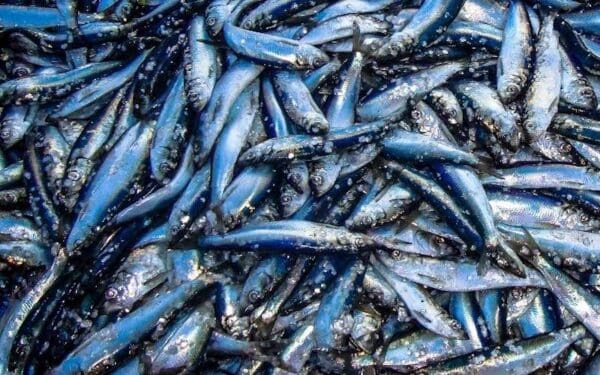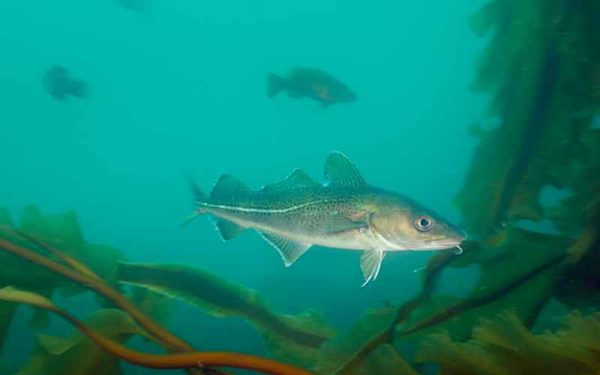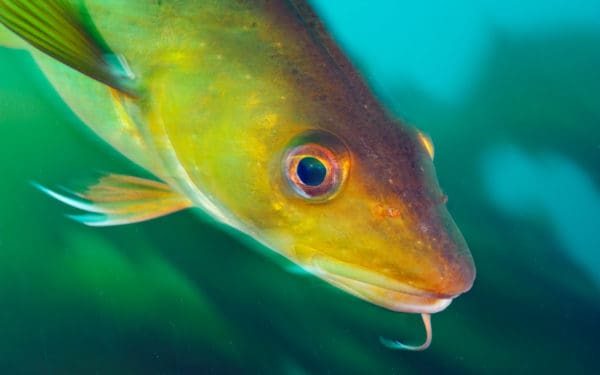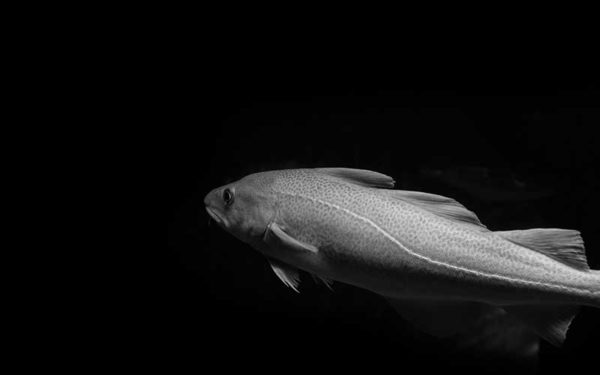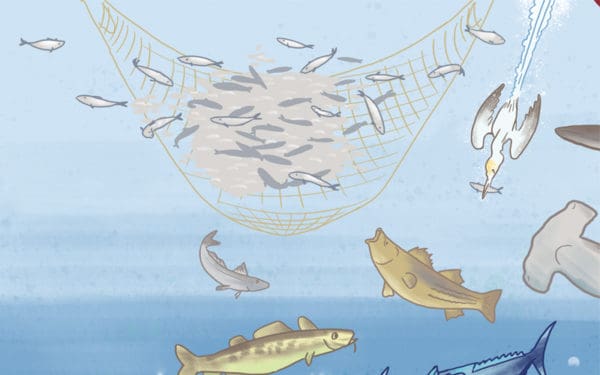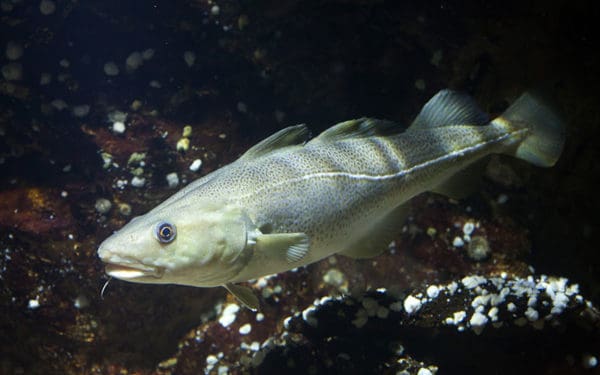Sep 22, 2023
“The ocean belongs to all of us and we allow fishermen access to these public resources for the cost of a permit,” said CLF Senior Attorney Erica Fuller. “But there are times, like this one, when the industry must shoulder a portion of the costs to gather data that ensures equity across fisheries. Without good monitoring on the largest boats in this fishery, we can’t prevent overfishing of Atlantic herring, a keystone forage species, or the further depletion of other valuable species such as haddock, shads, and river herring, caught as bycatch. The Supreme Court should reject the arguments being made in this case.”
Jan 31, 2023
New England’s fishery managers have adopted a new plan to help the Gulf of Maine cod population bounce back.
Apr 13, 2022
“This is a watershed moment for New England’s cod population,” said Allison Lorenc, Senior Policy Analyst at CLF. “The groundfish fishery has been plagued by overfishing for decades, but 100% at-sea monitoring will provide critical information needed for sustainable management. It’s time Atlantic cod are allowed to thrive in New England’s waters, and today’s announcement is a major step in that direction.”
Dec 08, 2021
“Today’s decision proves that the Council has completely abandoned its duty to develop catch limits that rebuild Atlantic cod to sustainable levels,” said Allison Lorenc, Senior Policy Analyst at CLF. “It is devastating to see this iconic species inch closer to complete collapse, and today’s decision does nothing to prevent that. It’s past time for NOAA Fisheries to disapprove these risky catch limits that don’t comply with the law.”
Sep 30, 2020
“Atlantic cod is one of New England’s most iconic fish and it is in peril,” said Allison Lorenc, Policy Analyst at CLF. “Establishing a new understanding of catch through 100% monitoring will provide scientists and managers with the information they need to prevent overfishing and help species like cod recover to healthy populations. A sustainable fishery must be based on accurate data, and the fishery management council demonstrated their commitment to that today while also minimizing the economic burden on the industry.”
May 20, 2020
Right now, our regional fishery managers have the opportunity to collect more accurate data by improving the at-sea monitoring program in New England’s groundfish fishery. This management action, called Amendment 23, can help put Atlantic cod on a path to recovery.
Feb 13, 2020
Atlantic cod is in crisis. For decades, our fishery managers have failed to take effective action to stem the problem. Now, a rapidly warming ocean is making cod’s precarious position even worse. Now, CLF is calling on the federal government to follow the law and rebuild Atlantic cod. If management doesn’t improve now, we could lose our founding fish forever.
Dec 18, 2019
Atlantic cod has been overfished for decades, but at their most recent meeting, New England’s regional fishery managers recommended new catch limits that will further harm cod’s chance of recovery. This plan, called Framework 59, ignores the law and science.
Nov 26, 2019
Atlantic herring is one of the most important fish in the Northwest Atlantic Ocean. An upcoming decision by the New England Fishery Management Council could recognize herring’s role in maintaining the health of our ocean ecosystem.
Jun 18, 2019
New England’s storied cod population is on brink of collapse. Our regional and federal fishery managers are tasked with maintaining a healthy Atlantic cod population. Yet they have a long record of making management decisions that do more harm than good.
